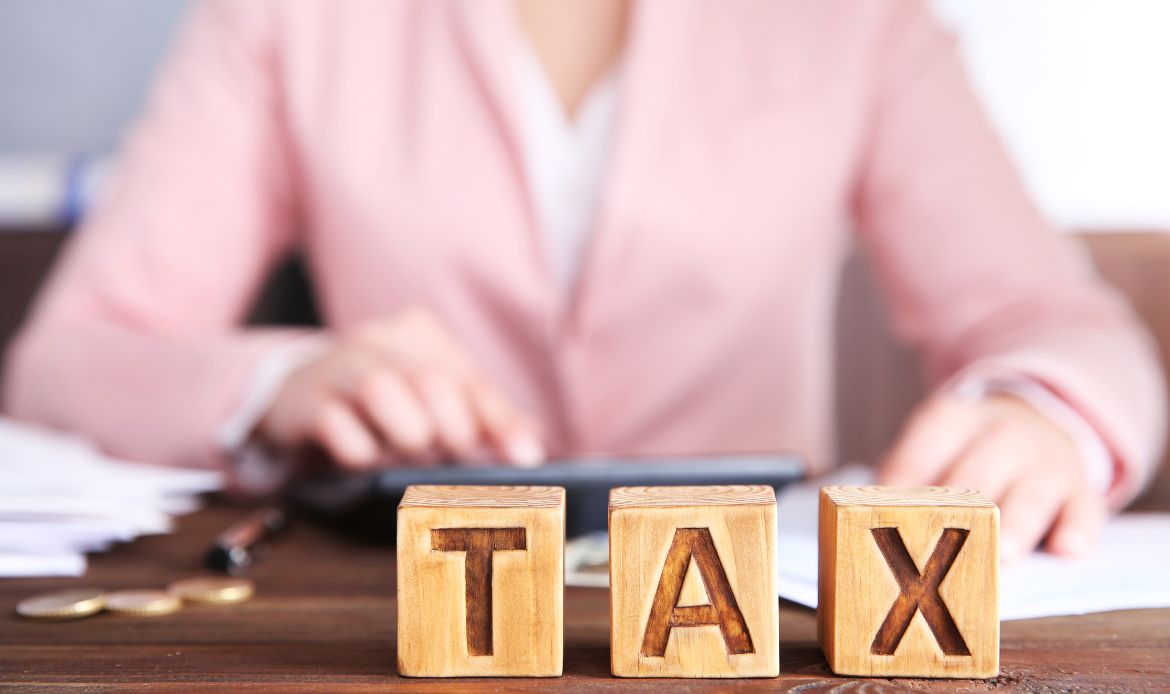Understanding Canada’s Income Tax System: Tips for Filing Your Taxes
For many Canadians, it can be a stressful and confusing time. Understanding Canada’s income tax system can be a daunting task, but it’s essential to ensure that you’re meeting your tax obligations and taking advantage of all available tax breaks and credits.
In this blog post, we’ll provide some tips for filing your taxes and navigating Canada’s income tax system.
The first step in filing your taxes is to gather all the necessary documents. This includes your T4 slips (which show your employment income), receipts for any deductions and credits you plan to claim, and any other relevant documents, such as investment statements or rental income records. It’s also a good idea to have a copy of last year’s tax return on hand for reference.
The next step is to determine your filing status. Are you filing as an individual, a sole proprietor, or a corporation? Your filing status will determine which tax forms you need to complete and what deductions and credits you’re eligible for.
The deadline for filing your personal income tax return is April 30th. However, if you or your spouse or common-law partner are self-employed, you have until June 15th to file your return. Keep in mind that if you owe taxes, you’ll still need to pay them by April 30th to avoid interest and penalties.
There are a variety of tax software programs available that can make filing your taxes much easier. These programs guide you through the process, help you find deductions and credits, and ensure that your return is accurate and complete. If you’re not comfortable using tax software or have a more complicated tax situation, you may want to consider hiring a professional tax preparer.
There are many deductions and credits available to Canadians, including medical expenses, charitable donations, and tuition and education credits. Be sure to research and understand what deductions and credits you’re eligible for to maximize your tax refund or minimize your tax owing.
Keeping good records is essential when it comes to filing your taxes. Make sure you keep all your receipts and records organized and easily accessible, in case you need to refer to them later. This can help ensure that you don’t miss any deductions or credits and can also help you defend yourself in case of an audit.
Ignoring your taxes can lead to serious consequences, including interest, penalties, and even legal action. If you’re having trouble paying your taxes, reach out to the Canada Revenue Agency (CRA) as soon as possible to discuss your payment / installment options.
In conclusion, understanding Canada’s income tax system can be a challenge, but it’s crucial to ensure that you’re meeting your tax obligations and taking advantage of all available tax breaks and credits. By following the tips outlined above and staying organized, you can file your taxes with confidence and ease.

